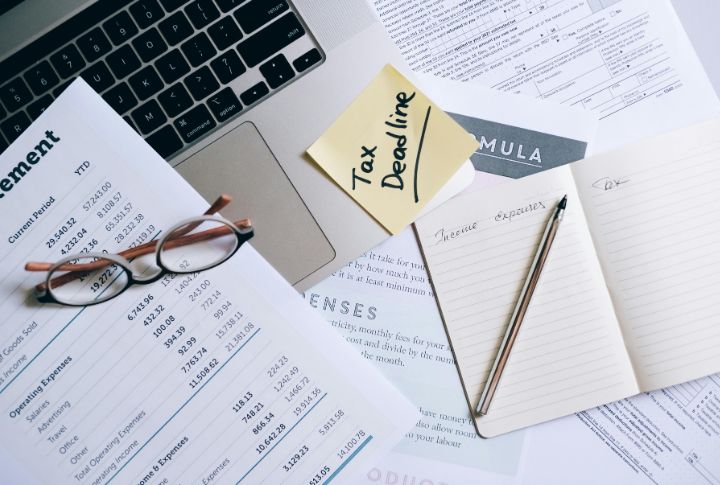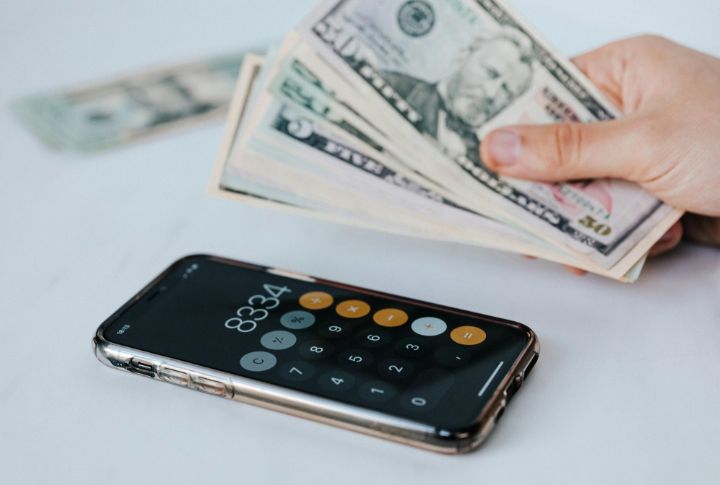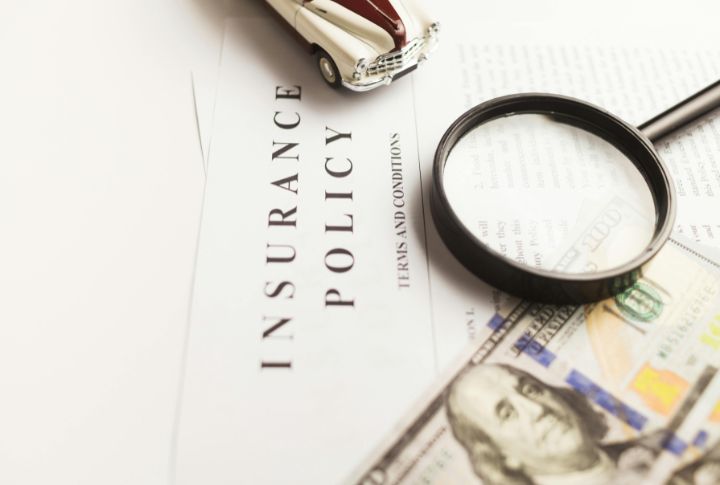
Feeling the weight of financial pressure? You’re not alone, and the good news is that there are various methods to lighten the load. You can free up much-needed cash for personal items or emergency funds by strategically cutting out certain bills. Here are five bills you don’t have to pay if you’re poor.
Medical

Medicaid is a federal program managed by states, resulting in some universal elements and state-specific details. All states cover basic medical expenses such as doctor visits, hospital stays, dental and vision services for children, transportation to Medicaid-covered appointments, etc. Some states can also include physical therapy, counseling, addiction recovery, and more. Eligibility depends on the state.
Source: Medicaid
Student Loans

With an Income-Driven Repayment (IDR) plan, your federal student loan payments can be adjusted to be more affordable based on your salary and family size. The SAVE, PAYE, and IBR plans fall under this scheme and can help you reduce your loan repayments. If you meet the income limits, you could even qualify for an IDR that reduces your monthly payments to zero.
Source: Federal Student Aid
Taxes

You can avoid some hefty tax bills if you have a low income. Apart from income tax, there are credits like the Earned Income Tax Credit (EITC), which decrease your tax liability and even provide a cash refund. Additionally, if you own a home, you might qualify for property tax exemptions. Different states offer different programs, so check what you might be eligible for.
Source: Internal Revenue Service
Phone

Phone bills are a significant expense that can be saved if you qualify for the Lifeline program. This program can eliminate your cell phone bill if your income is at or below 135% of the federal poverty guideline. Qualifications can also be done through means-tested programs like SNAP, TANF, or Medicaid. Some even provide free phones with their free monthly service.
Source: Federal Communications Commission
Car Insurance And Registrations

Many states have programs for low-income veterans, covering between 50% to 100% of registration costs. Some states offer low-cost car insurance for low-income residents regardless of veteran status. California, Hawaii, and New Jersey have discounted auto insurance plans for eligible drivers, though the details and requirements vary by state.
Source: Forbes Advisor
